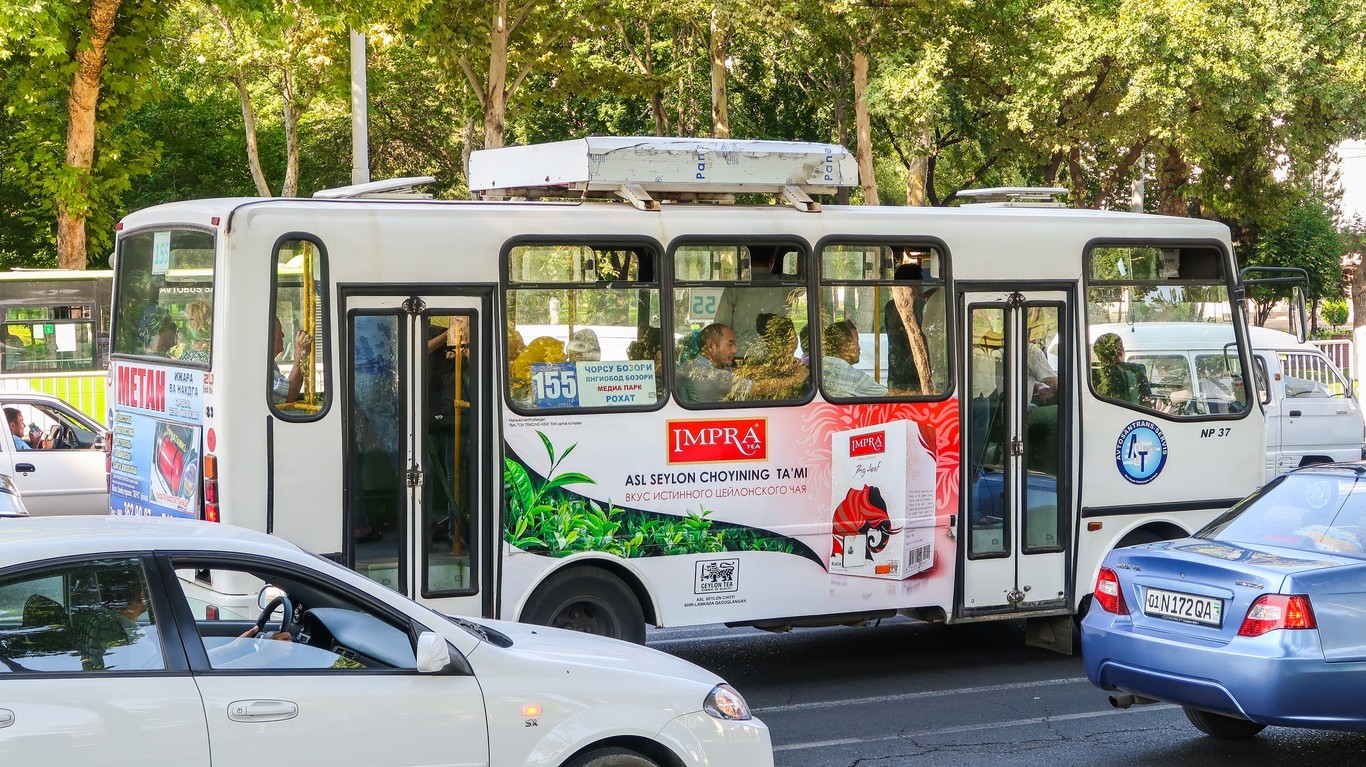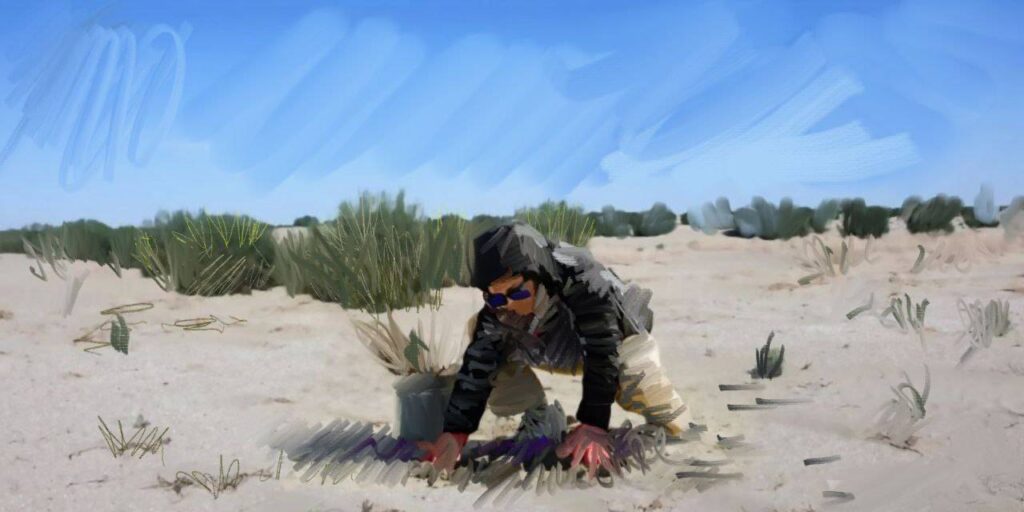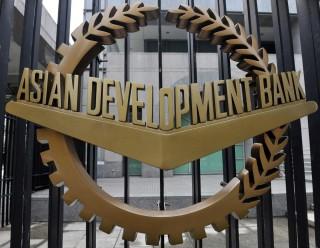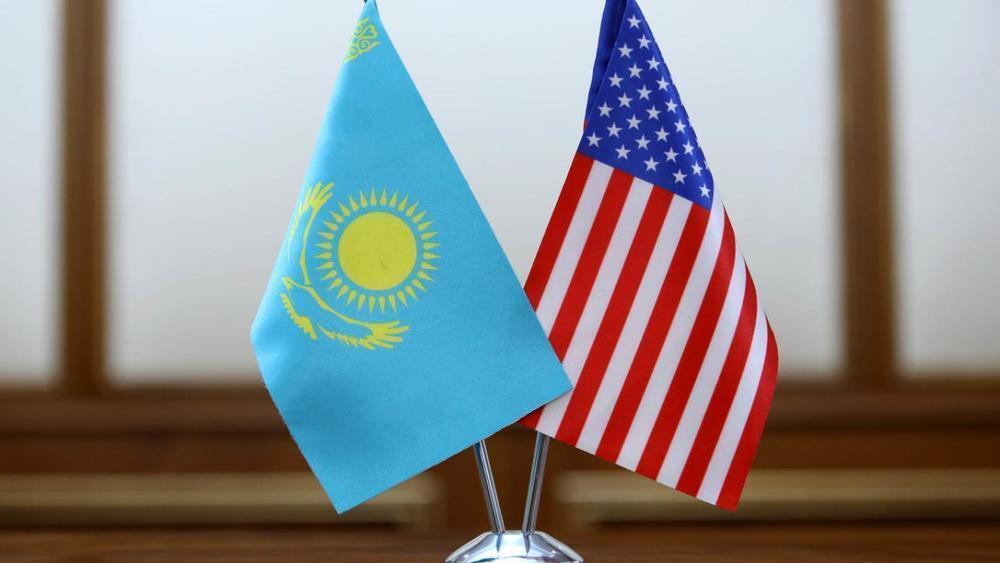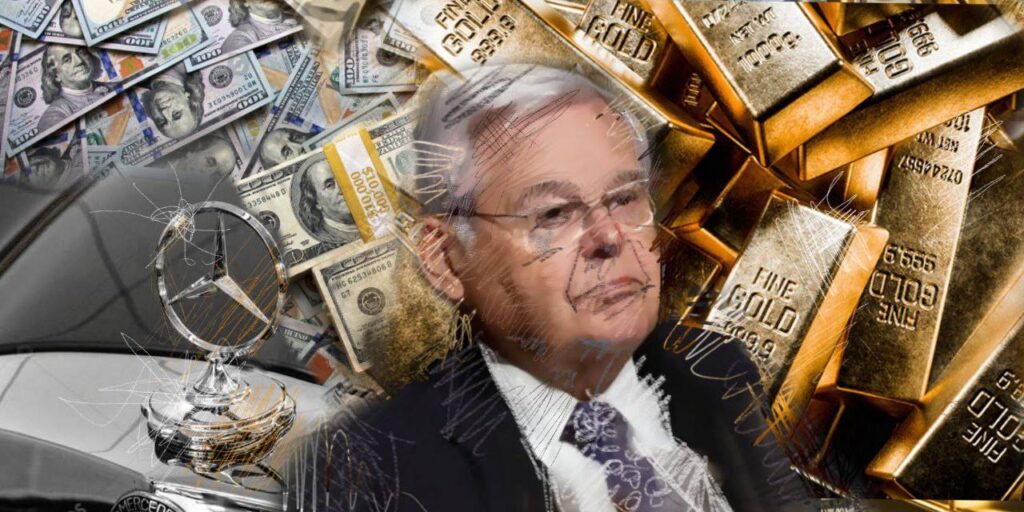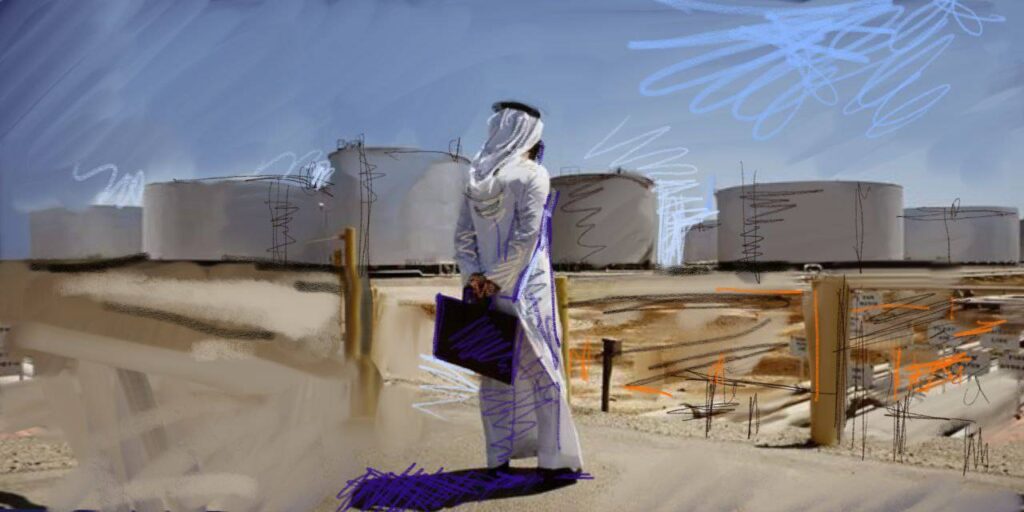Uzbekistan is charging ahead in 2024 on a course it began a few years ago to modernize public transport systems. Metro lines have been completed and several new stations opened in both remote and densely populated areas of Tashkent, and a plan is being developed to bring the most environmentally-friendly form of urban transport, the streetcar back to the capital. The bus fleet in Tashkent has also been significantly upgraded; now, it’s mostly comprised of newer, more comfortable buses and electric buses.
Against a background of serious air quality problems, the issue of reducing the number of cars on the roads has become particularly urgent. Thus, in the capital and other major cities, authorities are opting for electric modes of urban transport. The first bus powered by electricity hit the streets of Tashkent back in 2019. Last year, officials in the capital agreed to purchase 2,000 buses from China: half of them will be used in the regions and the rest in Tashkent. In early 2024, the European Bank for Reconstruction and Development (EBRD) issued a loan to Uzbekistan to buy 100 Yutong electric buses from China for the Samarkand Region.
Tashkent will buy 673 electric buses – out of 1,063 total planned purchases – by 2025. From now on, only electric buses will be purchased for Uzbekistan’s capital. By 2025, their share of the public transport mix of Tashkent should be 49%. It is a major component that city authorities are counting on as part of a plan to reduce the amount of carbon dioxide (CO2) in the atmosphere, reduce noise levels in the city, and improve transport safety.
Uzbekistan plans to not only buy pre-assembled buses but to also produce its own. a memorandum has been signed with Lanzhou Guangtong New Energy Automobile of China to start the joint production of 2,000 electric buses annually in Uzbekistan.
Uzbekistan’s continued efforts at electrification of the public transport network comes against a backdrop of the low headline costs of using that transport. Numbeo, the world’s largest database on the cost of living, publishes data on the cost of public transportation in different countries. according to their data, the cost of a one-way fare in Uzbekistan is $0.13. In Kazakhstan, the fare is slightly more at $0.20. Currently, there is no data on other Central Asian republics. The top three are most expensive places are Switzerland ($4), Norway ($3.76), and the Netherlands ($3.66).
